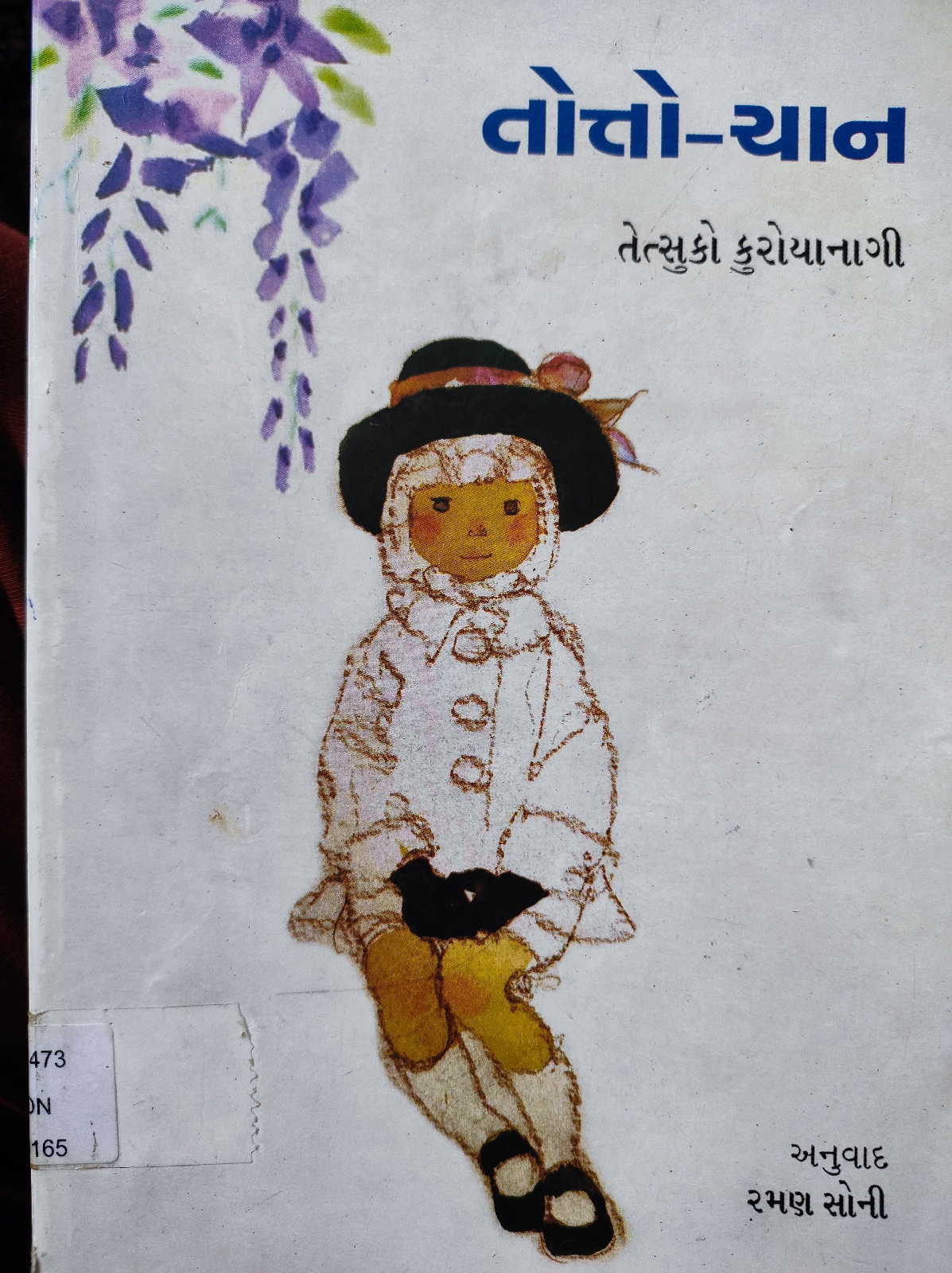Origin of English Language: The English language is a West Germanic language that originated in England. It is the third most spoken language in the world after Mandarin Chinese and Spanish. English has been influenced by several other languages over the centuries, including Old Norse, Latin, French, and Dutch. The English language has a rich and complex history, evolving over centuries through various influences. It originated from the Germanic tribes who invaded Britain in the 5th and 6th centuries, bringing with them what we now call Old English. Over time, Old English evolved, absorbing vocabulary and influences from Latin (through the Roman occupation of Britain) and Old Norse (through Viking invasions), among others.
The Different Periods of the English
Language
The English
language has gone through distinct periods throughout its history. Different
aspects of the language have changed throughout time, such as grammar,
vocabulary, spelling, etc.
The Old
English period (5th-11th centuries), Middle
English period (11th-15th centuries), and Modern English period (16th century to present) are the three
main divisions in the history of the English language.
Let's take
a closer look at each one:
Old English Period: The English language has undergone significant grammatical changes over
the centuries, reflecting its evolution and adaptation to various influences. began
in 449 AD with the arrival of three Germanic tribes from the Continent: The
Angles, Saxons, and Jutes. They settled in the south and east of Britain, which
was then inhabited by the Celts. The Anglo-Saxons had their language, called
Old English, which was spoken from around the 5th century to the 11th century.
Old English
was a Germanic language, and as such, it was very different from the Celtic
languages spoken by the Britons. It was also a very different language from the
English we speak today. It was a highly inflected language, meaning that words
could change their form depending on how they were being used in a sentence. There
are four known dialects of the Old English language:
- · Northumbrian in northern England and southeastern Scotland,
- · Mercian in central England,
- · Kentish in southeastern England,
- · West Saxon in southern and southwestern England.
Old English
grammar also had a complex system, with five main cases (nominative,
accusative, genitive, dative, instrumental), three genders (masculine,
feminine, and neuter), and two numbers (singular and plural).
The
Anglo-Saxons also had their own alphabet, which was known as the futhorc.
The futhorc consisted
of 24 letters, most of which were named after rune symbols. However, they also
borrowed the Roman alphabet and eventually started using that instead.
The
vocabulary was also quite different, with many words being borrowed from other
languages such as Latin, French, and Old Norse. The first account of Anglo-Saxon
England ever written is from 731 AD – a document known as the Venerable Bede's ‘Ecclesiastical
History of the English People’, which remains the single most valuable
source from this period.
Another one
of the most famous examples of Old English literature is the epic poem Beowulf, which was written sometime
between the 8th and 11th centuries. By the end of the Old English period at the
close of the 11th century, West Saxon dominated, resulting in most of the
surviving documents from this period being written in the West Saxon dialect.
The Old
English period was a time of great change for Britain. In 1066, the Normans
invaded England and conquered the Anglo-Saxons. The Normans were originally Viking
settlers from Scandinavia who had settled in France in the 10th century. They
spoke a form of French, which was the language of the ruling class in England
after the Norman Conquest.
The Old
English period came to an end in 1066 with the Norman Conquest. However, Old
English continued to be spoken in some parts of England until the 12th century.
After that, it was replaced by Middle English.
Bottom Line: Overall, the Old
English period was characterized by a highly inflected language with complex
grammatical structures. It laid the foundation for the subsequent development
of Middle and Modern English, influencing vocabulary, syntax, and grammar in
profound ways. Despite its differences from contemporary English, Old English
remains a fascinating linguistic legacy, offering insights into the evolution
of the English language over time.
To appear in an online quiz on Old and Middle English Period, Click here
References
A Brief History of the English Language: From Old English to Modern Days. (n.d.). Retrieved from Langster: https://langster.org/en/blog/a-brief-history-of-the-english-language-from-old-english-to-modern-days
(ChatGPT, personal communication, February 11, 2024).


















